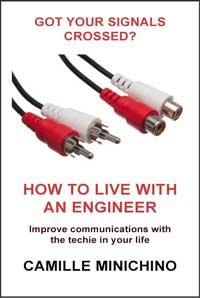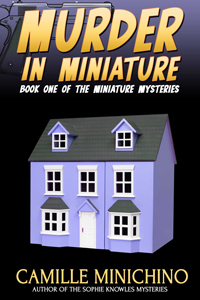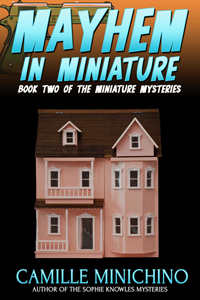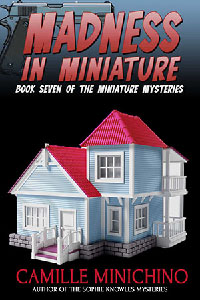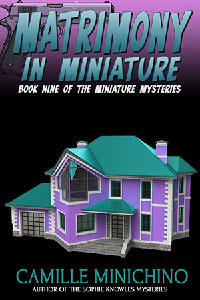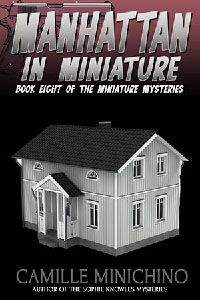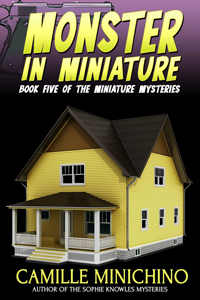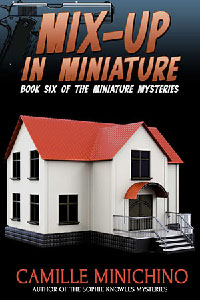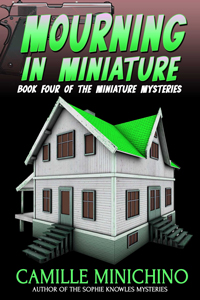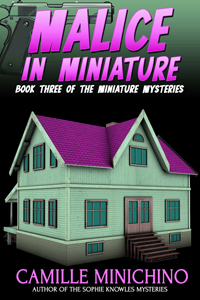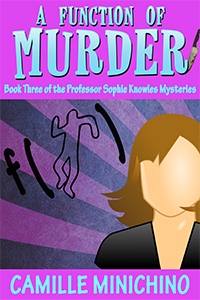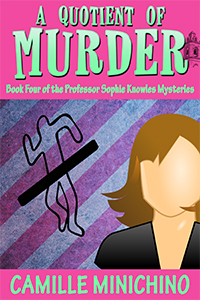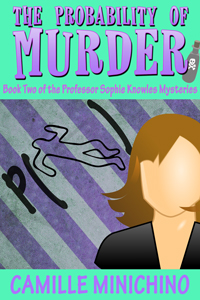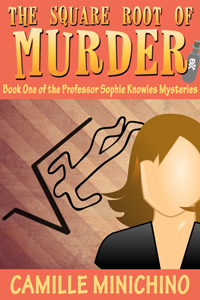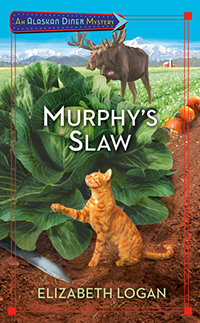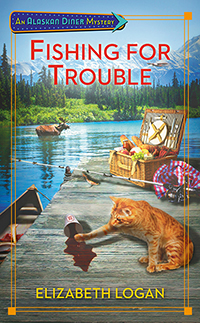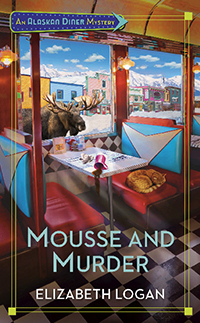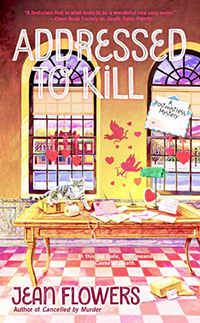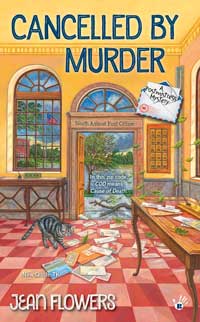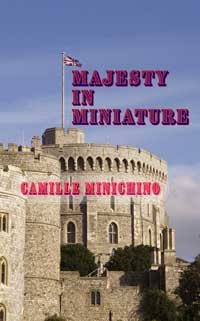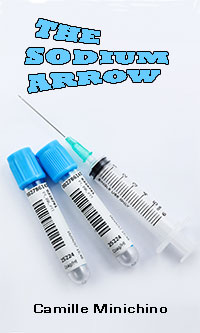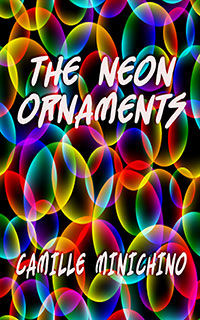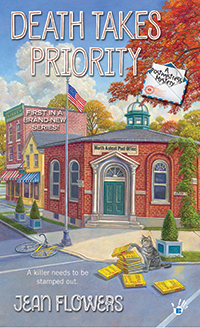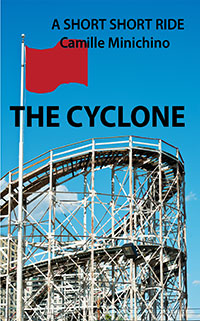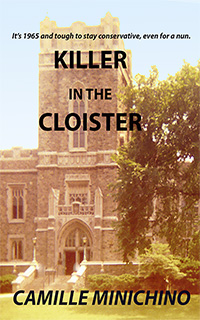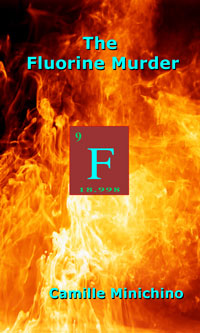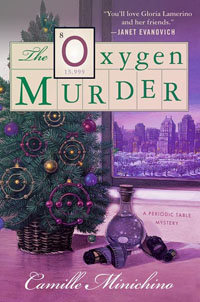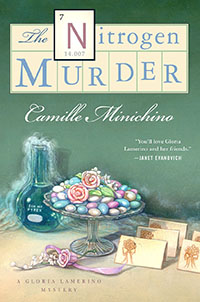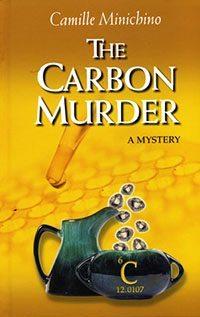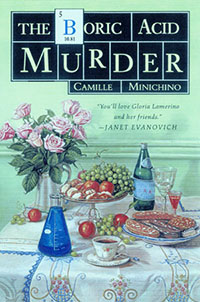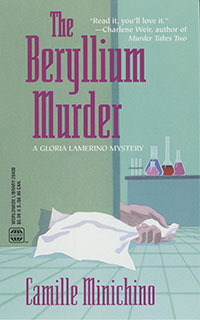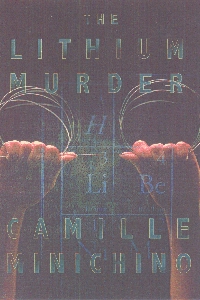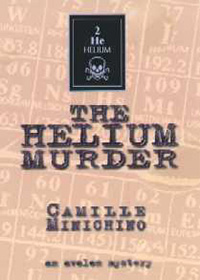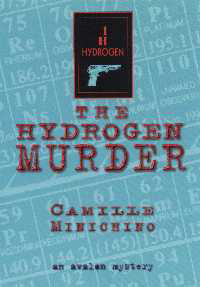By my guest today, Donna Darling, author of The Three Marias
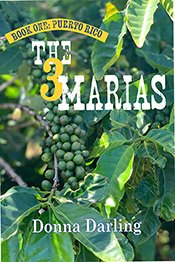
Grandma was Puerto Rican, but we knew to never say it out loud. When asked, she replied, “We’re Spanish.” If pressed for further information, she said, “Our people were Basque Spanish. They came to Puerto from Spain.”
Over the years I asked, and the answer was always the same. Grandma died weeks before her 107th birthday. As she approached her more senior years, she became curious about her parent’s heritage, and I was ready to help. We worked together to gather what information we could on the family and reached out to cousins far and wide. Many had already done extensive research, which they shared.
I took what information my cousins had on the family and pushed forward, with DNA and more records available online. Several visits to the Family History Library in Salt Lake City proved immensely helpful, and genealogists assisted me further in my research.
One question I wanted answered was, why did my grandmother and great grandmother deny their Puerto Rican ancestry? The answer was more complex than I could have imagined.
My quest took me on a deep dive into Puerto Rico’s history, and thanks to connections with my newfound cousins who I discovered through DNA matches, I got a history lesson of a lifetime.
I’m sure the Spanish American War was mentioned in school, but I don’t remember being taught anything about it. I was hungry to learn and became obsessed. Each layer revealed a piece of the story that explained why my great grandparents left their homeland, a beautiful island life. I came to understand the anguish they felt after losing their coffee plantation in the mountains of Adjuntas. The pain of prejudice they endured after making their way to America for a new life after the massive hurricane of 1899. It all began to make sense to me. The shift in how my great grandparents presented themselves showed in records over time. They went from listing themselves as Puerto Rican to being Spanish then to being White.
I began to ask the question, “What does it mean to be Puerto Rican?” Do you have to be full blooded Puerto Rican to claim heritage? How much ethnicity grants you acceptance into the Puerto Rican community? Grandma married a Norwegian man. Mom married an Irishman. My DNA is an amalgam of ethnicities. I was captivated by the tiny island where my great grandparents were born. Puerto Rico surged in my blood.
With the help of my primos, and two good friends who were genealogists I was able to extend my family tree on multiple lines back to the 1700’s. Many Puerto Ricans find their DNA results show African ethnicity, and they have no oral family history to tell the story. Records are scarce, leaving them with no information.
With many records available today, and the excellent assistance of my primos, I got lucky. My 3rd great grandmother, Juana Evangelista Pacheco y Quinones held the key to an interesting story. Her great grandfather, Antonio Pacheco’s marriage record revealed that he was a slave, and was the son of slave, Juana Pacheco. Juana and her son, Antonio were slaves of Lieutenant Don Fernando Pacheco, the founder of Yauco. Yauco was established in February 1756, and became a hub for Corsican immigration. It was known for growing coffee, tobacco, and sugar cane. One can assume that Juana and Antonio labored in the fields that grew these commodities.
Antonio married Petrona Ortiz, a free woman. All children of this marriage were free.
I descend from Juana, and her son Antonio. I wish everyone had the opportunity to explore their DNA ethnicity and learn their family history.
The story of what happened to the people in Puerto Rico during the Spanish American War was so powerful, I wanted to tell everyone. I wrote a book, with fictional characters and told the story with actual history. The Three Marias: A Puerto Rico Story, is available on Amazon. I’m currently working on book two, about Puerto Ricans working on the sugar plantations in Hawaii.
Everyone has a story. What’s yours?
Donna Darling writes historical fiction, short stories, and novels for all ages. She worked in sales and marketing for over twenty years. Her Puerto Rican ancestry intrigued her, and she found many people knew little about the island that captured her heart.
Her debut book, The 3 Marias, tells the story of a fictional family living through actual events that shaped the island. Her next book in the series follows the family to Hawaii.
When not writing, Donna is traveling or sketching characters from her books. She is a member of the California Writers Club, and a writers group with published authors.
 Filed Under :
Filed Under :  Feb.22,2023
Feb.22,2023

